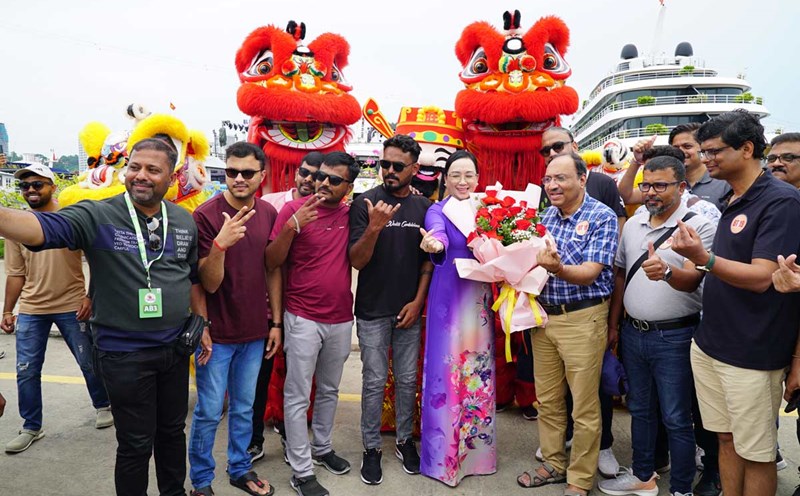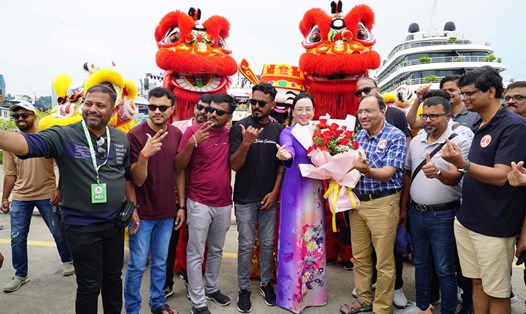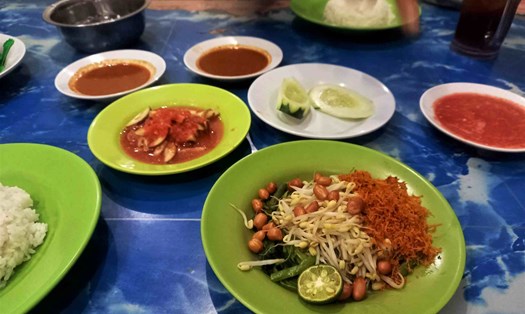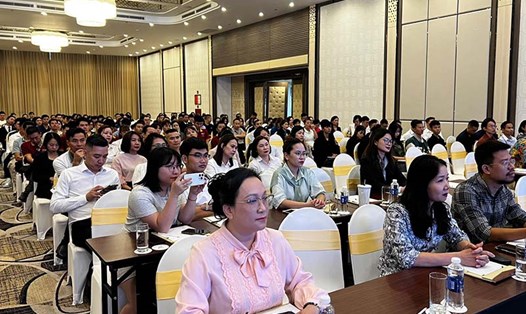The Halal tourism market has witnessed the outstanding growth, contributing more than $ 300 billion globally. This market is expected to continue to grow with a CAGR rate of 4.07% to 2030, with spending on tourism from Halal guests up to 341.1 billion USD/year.
Many countries such as Japan, Korea, Thailand, Singapore ... are trying to invest in Halal tourism development to attract this potential customer.
Commenting on the Halal market at the International Conference "Prospects for tourism development associated with Halal in Hanoi City" on April 15, PhD. Trinh Thi Thu Ha - Principal of Hanoi College of Trade and Tourism - affirmed: "This is a potential market that Vietnam needs to actively approach".
In particular, Hanoi - with many strengths in landscape, cuisine and tourism infrastructure, is the potential center for Halal tourism when welcoming more than 50,000 Muslim visitors every year. Muslim tourists mainly from Malaysia, Indonesia, Middle East ...
However, Vietnam's tourism industry in general, and Hanoi in particular, also faces many challenges to be able to effectively attract Halal guests.
Assoc.Prof.Dr. Dinh Cong Hoang, Head of Research Department of the Middle East and West Asia, South Asia, West Asia and African Research Institute, Hanoi analysis lacked prayer and service facilities that have not been synchronized to serve the Halal market.
According to Mr. Hoang, 3 cities can pilot to develop Halal tourism including Hanoi, Ho Chi Minh City and Da Nang. In Hanoi, Halal customers can mention Hoan Kiem, Ba Dinh, Cau Giay - concentrated Halal restaurant, near the Embassy of Muslim countries.
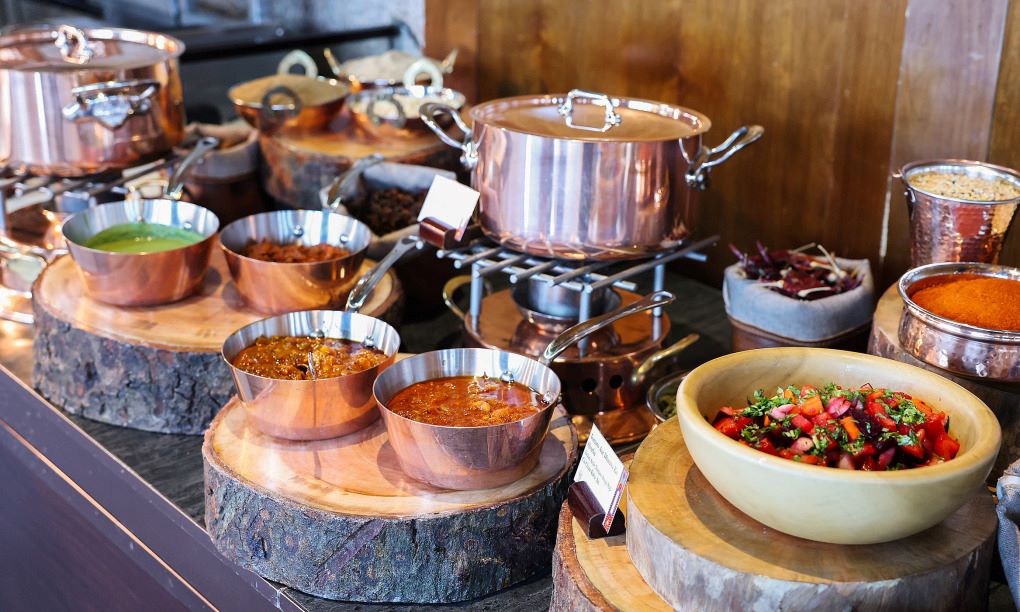
Mr. Ramlan OSman - Director of Halal Vietnam Center, highly appreciated Vietnam's potential in becoming an attractive destination for the Muslim community if there is a methodical investment strategy into infrastructure, manpower and social awareness.
He proposed a number of solutions to build friendly tourist tourists, develop the Halal market.
First of all, the tourism industry needs to apply the Halal Certification System according to international standards. In particular, the basic requirements of Muslim tourists include Halal food, facilities serving prayer, there are services related to Ramadan (buffet for vegetarian diets and meals before dawn on fasting day), privacy in entertainment activities (division of areas for men and women), family travel packages ...
Accordingly, the hotels for Muslims need at least one Halal -standard restaurant, with a sea to pray for Muslims on the ceiling, with their own prayer rooms, prayer carpets and qu’ran, updated information about the time of prayer, swimming pool and gym.
In recent years, many localities in Vietnam such as Ho Chi Minh City, Hanoi, Quang Ninh, Da Nang, Quang Nam, An Giang, Ben Tre, Kien Giang ... have plans to attract tourism, investment ... to develop this market effectively.
In 2023, the Government issued and implemented the project "Strengthening international cooperation to build and develop Halal Vietnam to 2030".
Halal is derived from Arabic, which means "permission". Halal is a standard based on the law of Muslims, including strict regulations in the field of food, drinks, costumes, pharmaceuticals, cosmetics, tourism ...
A product is considered to meet the Halal standard without containing banned ingredients (Haram) such as pork, products from pork, wine, and animals are not processed as prescribed.
Halal is the process "From farm to dining table", in which Halal compliance is required throughout the supply chain: from supply input, slaughter, processing, storage, transportation, logistics ...
According to statistics, Muslims live in 112 countries and territories; Including 57 countries who are members of the Islamic Cooperation Organization (OIC), accounting for 25% of the world's population. In particular, Muslims account for a large population in Asia, especially in ASEAN, Indonesia alone has a large proportion of the world's largest Islamic population.

